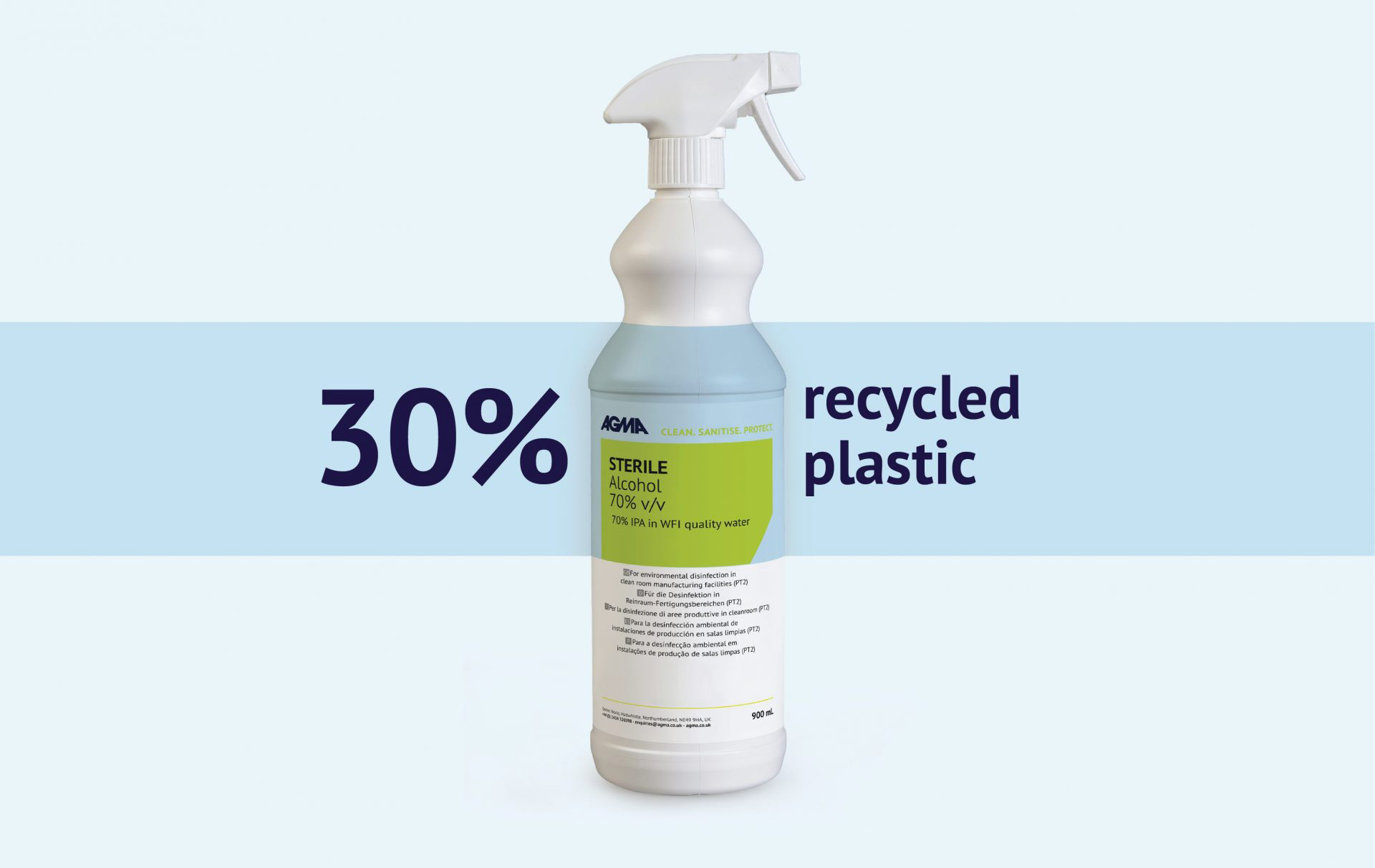The world is changing and the importance of looking after our environment is as prevalent as ever. As industries are continuing to build and grow in a post-pandemic world, there is an opportunity for manufacturers to shift their sustainability focus, from virgin resources to incorporating more recycled materials.
The prevalence of virgin resource usage overtime and manufacturing products using virgin materials often uses much more energy and depletes more natural resources, as opposed to producing goods using recycled materials. The continued usage of virgin resources has somewhat come to exceed the resources natural regeneration rates, which ultimately can have a damaging impact on the people who rely on these resources, the ecosystems in which they come from, and the environment as a whole.
According to Catapult, 81 megatons of the UK’s greenhouse gas emissions are generated by manufacturing each year. With that said, this is where the importance of sustainability within our industry must come into play. Sustainability acts as a driving force to ensure we make considerations towards the resources in a way that preserves them for a long time. Alongside this, sustainable practices meet the needs of the present without compromising the ability of future generations to meet their own needs.
Addressing the environmental impact of traditional production processes and material consumption such as virgin resources comes as one motivation behind the shift towards using more recycled materials. Moving away from virgin resources is crucial to our environmental impact and bettering our stance on sustainability going forward.
With the depletion of virgin resources comes various global environmental challenges, from habitat deconstruction and deforestation to pollution and ultimately, climate change. Addressing these environmental challenges requires a shift to sustainable practices and one which promotes the use of more renewable resources. At AGMA, we are shifting towards 30% recycled materials. . The Sterile IPA 900ml Trigger Spray and 0.2 micron filtered Denatured Ethanol 70% in WFI, 900mL Trigger Spray now use 30% recycled bottles, moving our focus away from virgin resources.
Embracing sustainability offers numerous long term benefits for the planet, society, and businesses. First and foremost, sustainability helps protect natural ecosystems and mitigate climate change by reducing greenhouse gas emissions, preserving resources, and minimising pollution.
Sustainable practices promote clean air and water, and reduce exposure to hazardous chemicals and pollutants. This can lead to improved public health, reducing costs in the healthcare industry, and enhancing the quality of life for people worldwide.
Businesses who demonstrate a commitment to sustainability will attract a wealth of benefits. According to Make UK, research which was undertaken in partnership with leading energy company E.ON states that manufacturers who put sustainability at the heart of their businesses have seen real benefits with 40% reporting increased profit margins and 30% increased competitiveness as a result.
As the world is changing, so are environmental regulations and the way we live our lives day-to-day. Sustainable businesses can now adapt to change, market shifts, and the preferences of their consumers, which can help cut down on operational risks and improve profitability. In the long term, cost-savings can be made and businesses can build on their reputation and enhance their brand value. This also sets the precedent for further innovative solutions which can be tailored towards sustainability.
The shift towards the use of recycled materials offers significant environmental benefits. Overall, it reduces energy consumption, waste reduction and lowers conservation of virgin resources. By incorporating recycled materials into products, manufacturers like us can improve the products we make and the way we make them, all whilst playing a vital role in contributing to a circular economy.
By embracing recycled materials, businesses and communities can contribute to a more sustainable and resilient future for generations to come.
To find out more about how we are implementing sustainability into our practices, head to our website or contact a member of the AGMA team.
*30% recycled bottles only refers to the cylindrical bottle and not the Trigger head spray mechanism*
Sources
https://hvm.catapult.org.uk/what-we-do/national-challenges/sustainability-and-net-zero/
https://www.makeuk.org/insights/reports/manufacturers-are-leading-the-uks-green-revolution-and-building-a-sustainable-future


